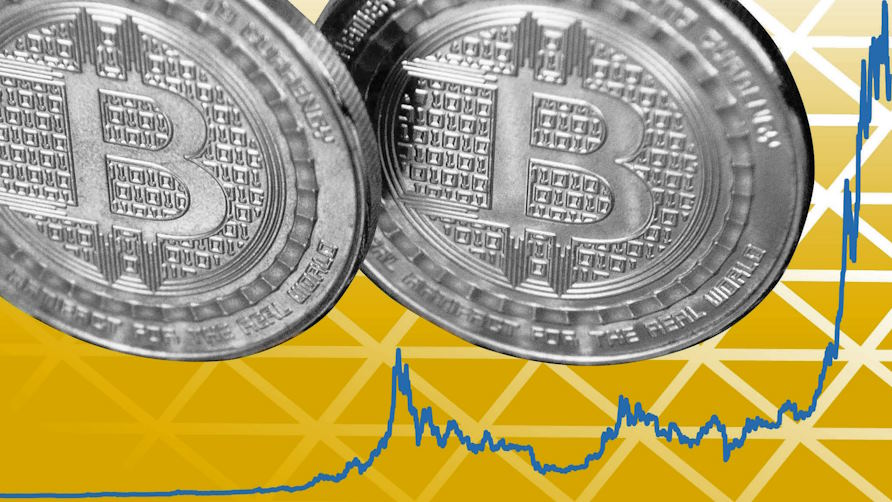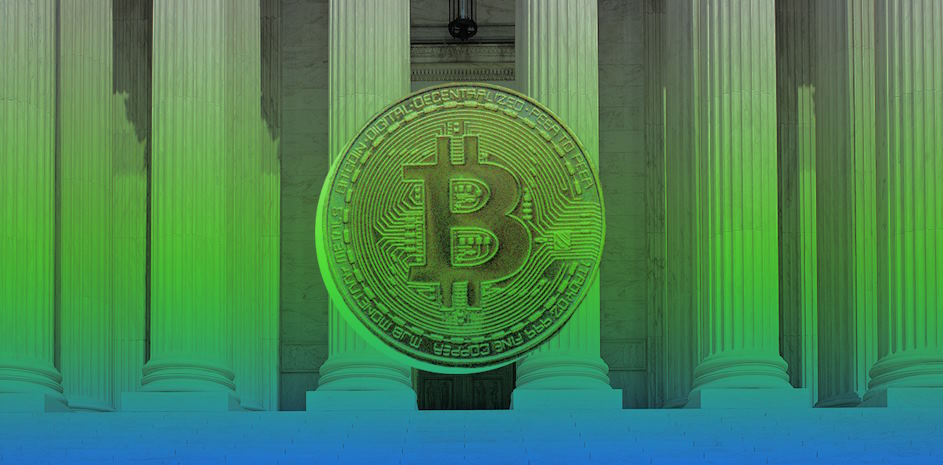In the age of borderless transactions and decentralized finance, the world of cryptocurrencies presents a revolutionary paradigm shift. Yet, amidst the dazzling promises of technological advancement and financial liberation, the realm of digital assets remains intertwined with the geopolitical currents that define our international landscape. Far from being insulated from the geopolitics that shape our world, the value and perception of cryptocurrencies are profoundly swayed by regulatory decisions, government postures, and global power plays.
Geopolitical Factors Shaping Cryptocurrency Investments
Regulatory Landscape
The global landscape of cryptocurrency regulations is as diverse as the digital assets themselves. Countries around the world have adopted various approaches, ranging from outright bans to embracing cryptocurrencies as legitimate financial instruments. This regulatory diversity introduces a layer of complexity that directly influences investor sentiment. When regulatory clarity is present, investors tend to exhibit higher confidence, leading to enhanced market stability. For instance, countries like Switzerland and Singapore have established clear guidelines that promote a thriving crypto ecosystem, attracting investments and fostering innovation. In contrast, regions with ambiguous or restrictive regulations can deter investors, contributing to market uncertainties.
Government Attitudes and Actions
The influence of government attitudes and actions on cryptocurrency markets cannot be understated. A single statement from a government official can trigger significant market movements. For instance, positive endorsements of cryptocurrencies by influential figures can lead to surges in market valuations. Conversely, instances of government bans or restrictions on cryptocurrency-related activities can create waves of panic, resulting in rapid market sell-offs. Notable examples include China’s ban on cryptocurrency exchanges and social media platforms banning crypto advertisements. Such actions underscore the intertwined relationship between government decisions and market sentiment, showcasing the need for investors to stay attuned to policy developments.
International Trade and Sanctions
Cryptocurrencies have emerged as a potential tool for circumventing economic sanctions. In countries facing stringent international sanctions, cryptocurrencies offer an alternative means of conducting cross-border transactions. This role can significantly impact their valuations. Moreover, the volatility of cryptocurrency markets can be exacerbated by international trade tensions. During periods of heightened uncertainty, investors often turn to cryptocurrencies as safe-haven assets, driving up demand and prices. Conversely, trade agreements and diplomatic resolutions can lead to temporary declines in demand for cryptocurrencies. Venezuela’s adoption of cryptocurrencies to counter sanctions provides a compelling case study of how geopolitical factors can influence crypto usage.

Geopolitical Events and Market Reactions
Elections and Political Transitions
Changes in political leadership have a ripple effect on cryptocurrency markets. Market responses are often tied to the perceived economic and regulatory stance of incoming leaders. The outcome of elections can shape cryptocurrency policies, ranging from embracing innovation to imposing restrictions. The impact can be both short-term and long-term. Immediate reactions, such as market fluctuations, may occur as investors adjust to uncertainty. Over the long term, election outcomes can impact investor sentiment, influencing investment decisions and market trends.
Geographical Conflicts and Instabilities
Geopolitical conflicts and instabilities can have a profound impact on cryptocurrency markets. During times of uncertainty, cryptocurrencies often acquire a safe-haven status, similar to precious metals. Investors seek refuge in digital assets as traditional markets falter. Historical instances, like the European debt crisis and Brexit, triggered surges in cryptocurrency demand. Cryptocurrencies’ decentralized nature and potential for cross-border transactions can make them attractive when geopolitical tensions disrupt traditional financial systems. Examining past conflicts, such as the economic instability caused by the US-China trade war, demonstrates how geopolitical events can directly affect cryptocurrency valuations.

Geopolitical Factors vs. Fundamental Analysis and Technical Analysis
Balancing Geopolitical Considerations with Traditional Investment Analysis
While fundamental and technical analyses are cornerstones of investment decisions, geopolitical factors add a layer of complexity. Balancing these considerations requires an understanding of how political decisions can impact markets. For instance, a positive fundamental analysis might be overshadowed by sudden regulatory changes. Investors need to weigh the potential risks and rewards posed by geopolitical factors alongside traditional analyses.
Integration of Geopolitical Factors into Investment Strategies
Successful investors integrate geopolitical analysis into their strategies. They consider how regulatory shifts, conflicts, and global events could affect their portfolios. By diversifying investments across sectors and regions, investors can mitigate geopolitical risks. Additionally, staying informed about geopolitical developments helps in making informed decisions in a rapidly changing environment.
Comparing the Impact of Geopolitical Factors with Other Market Influencers
Geopolitical factors operate in tandem with other market influencers. Economic data, technological advancements, and investor sentiment all interact with geopolitical events. While geopolitical factors can trigger short-term volatility, their lasting impact may be influenced by other fundamental and technical factors. Evaluating the relative importance of geopolitical events within the larger market context is key to making informed investment choices.


































